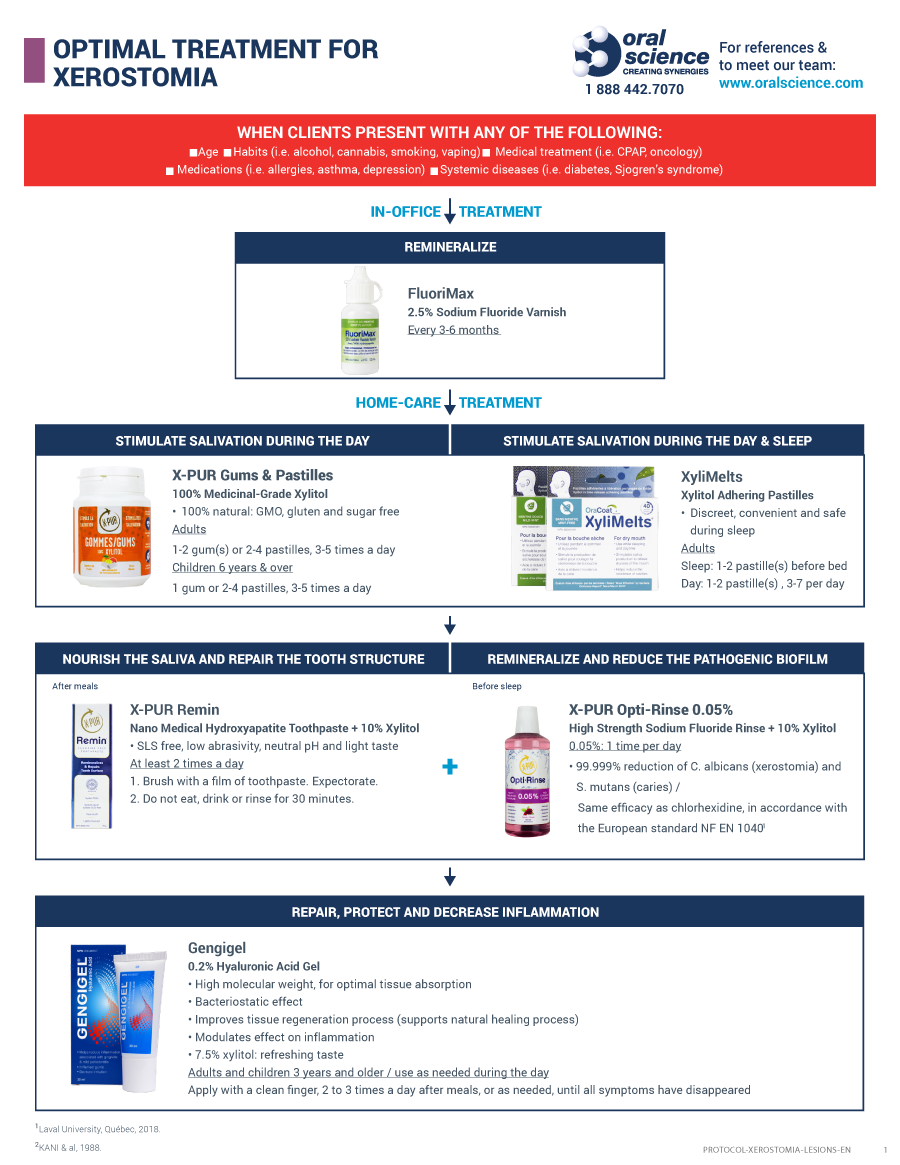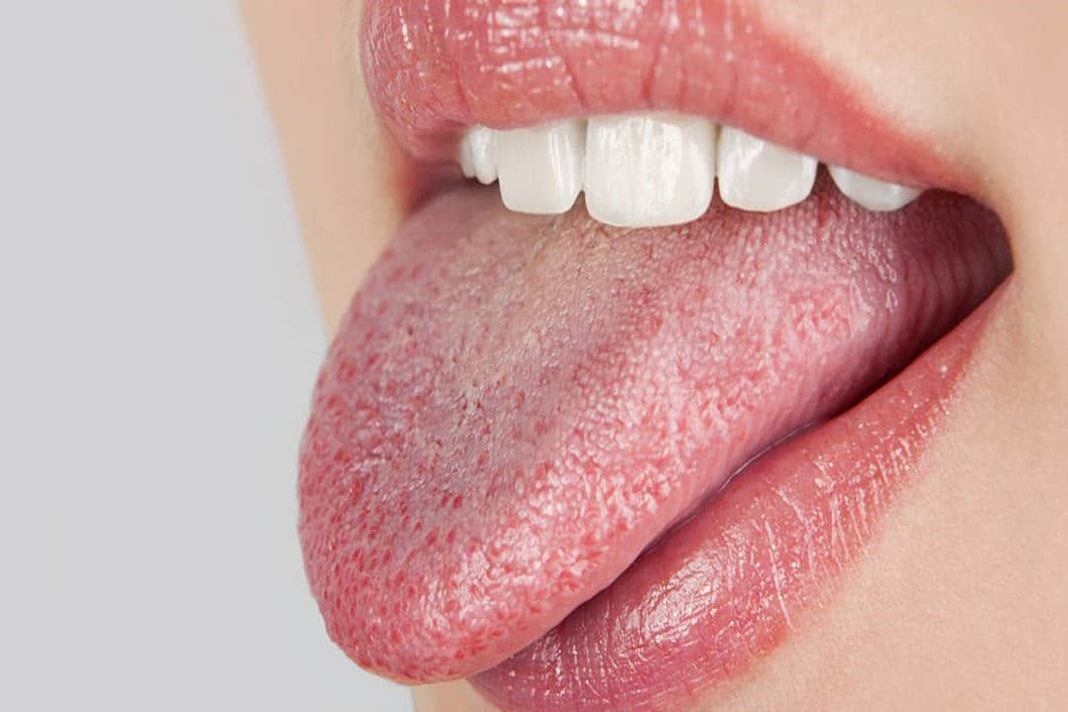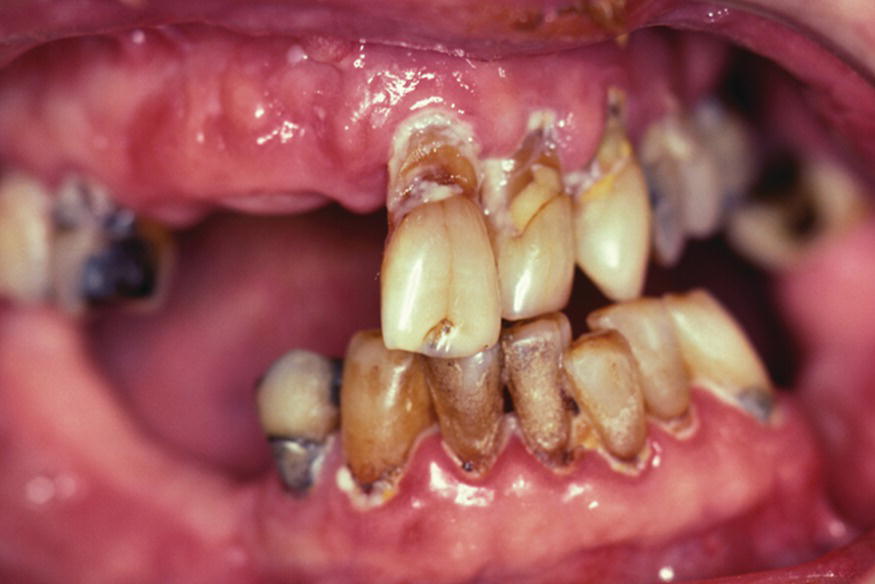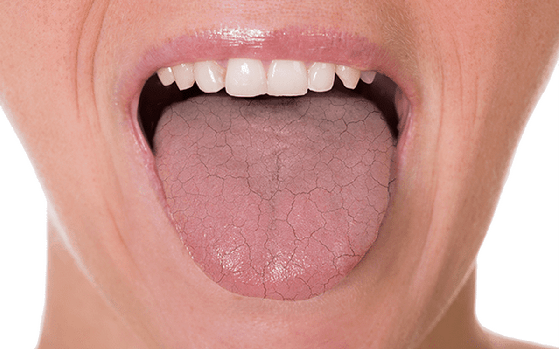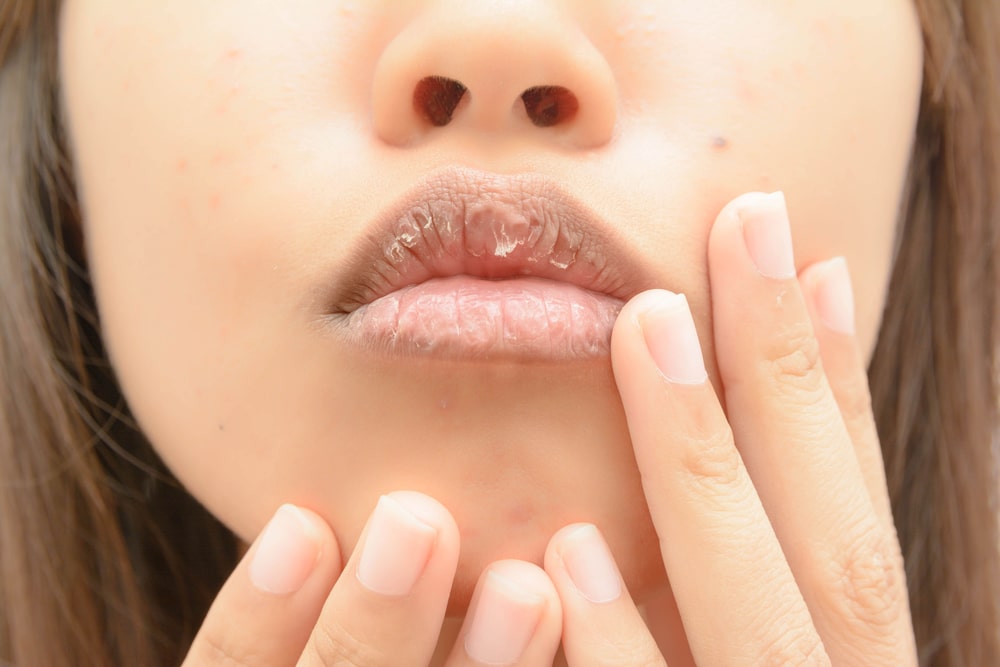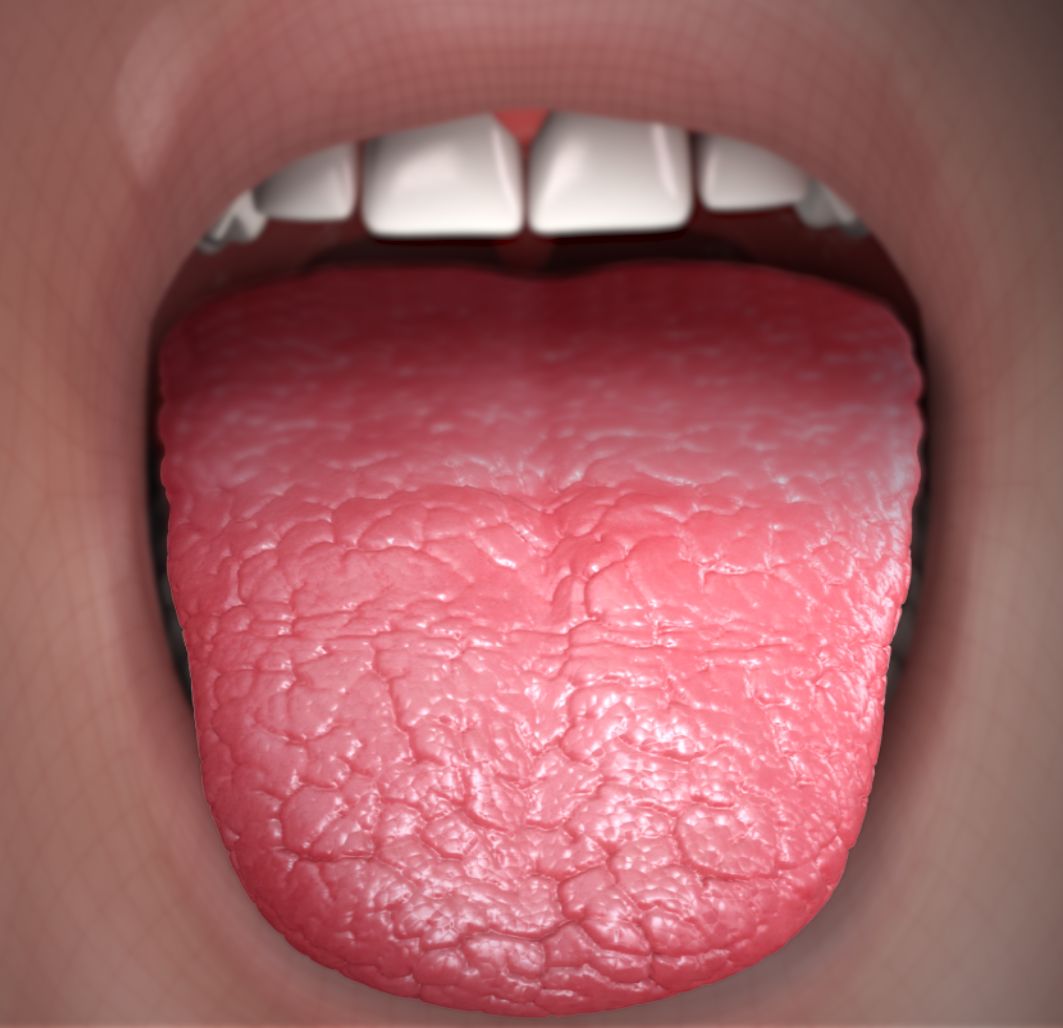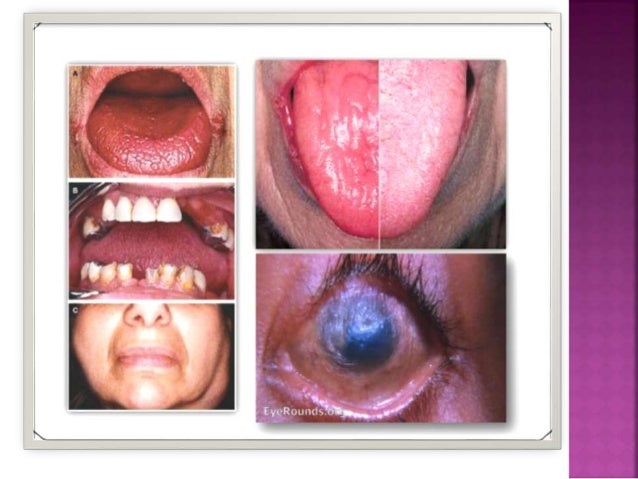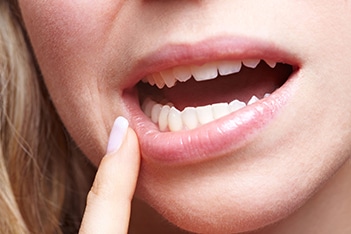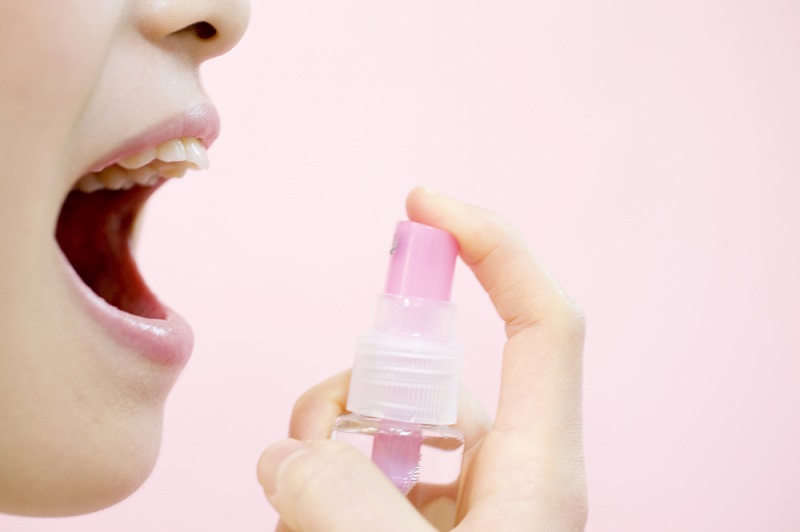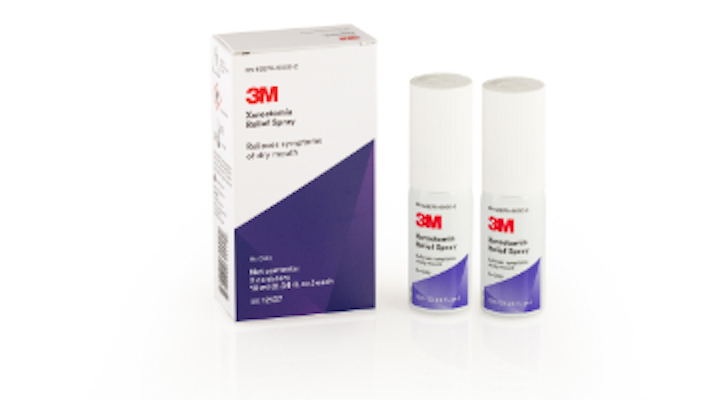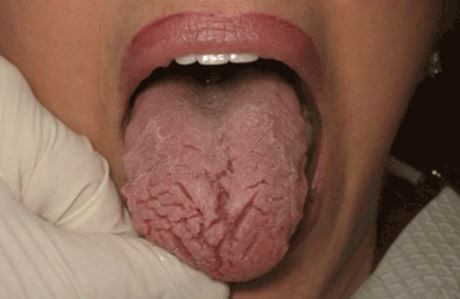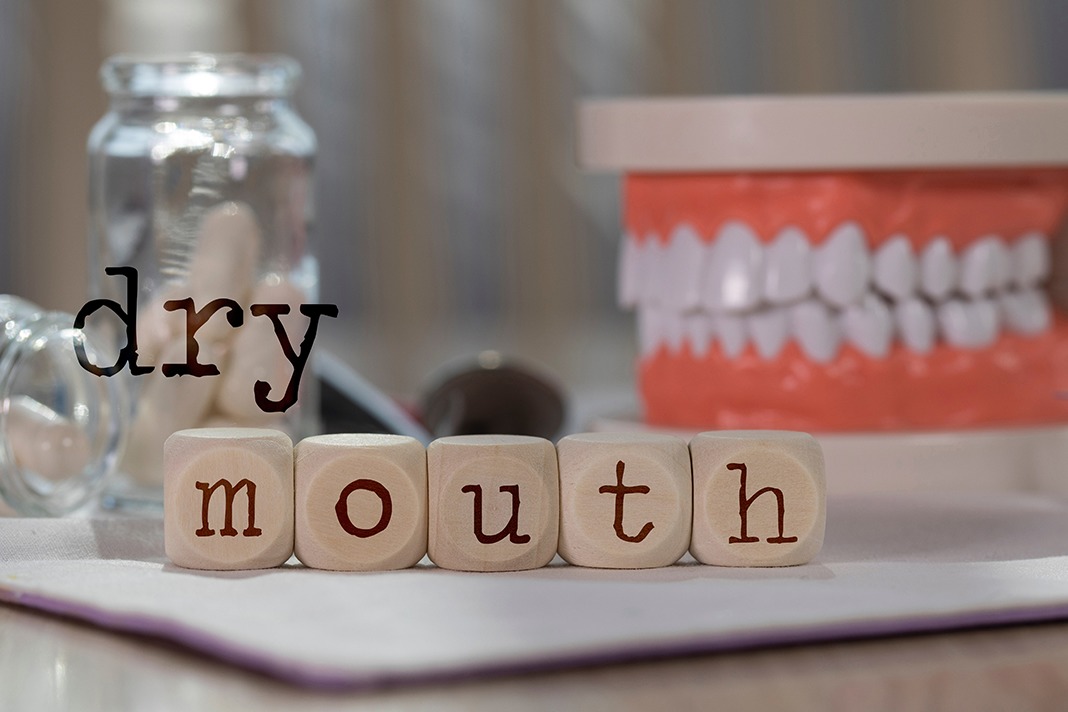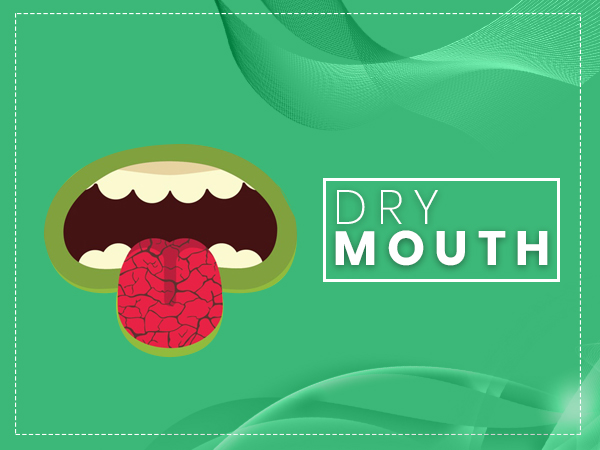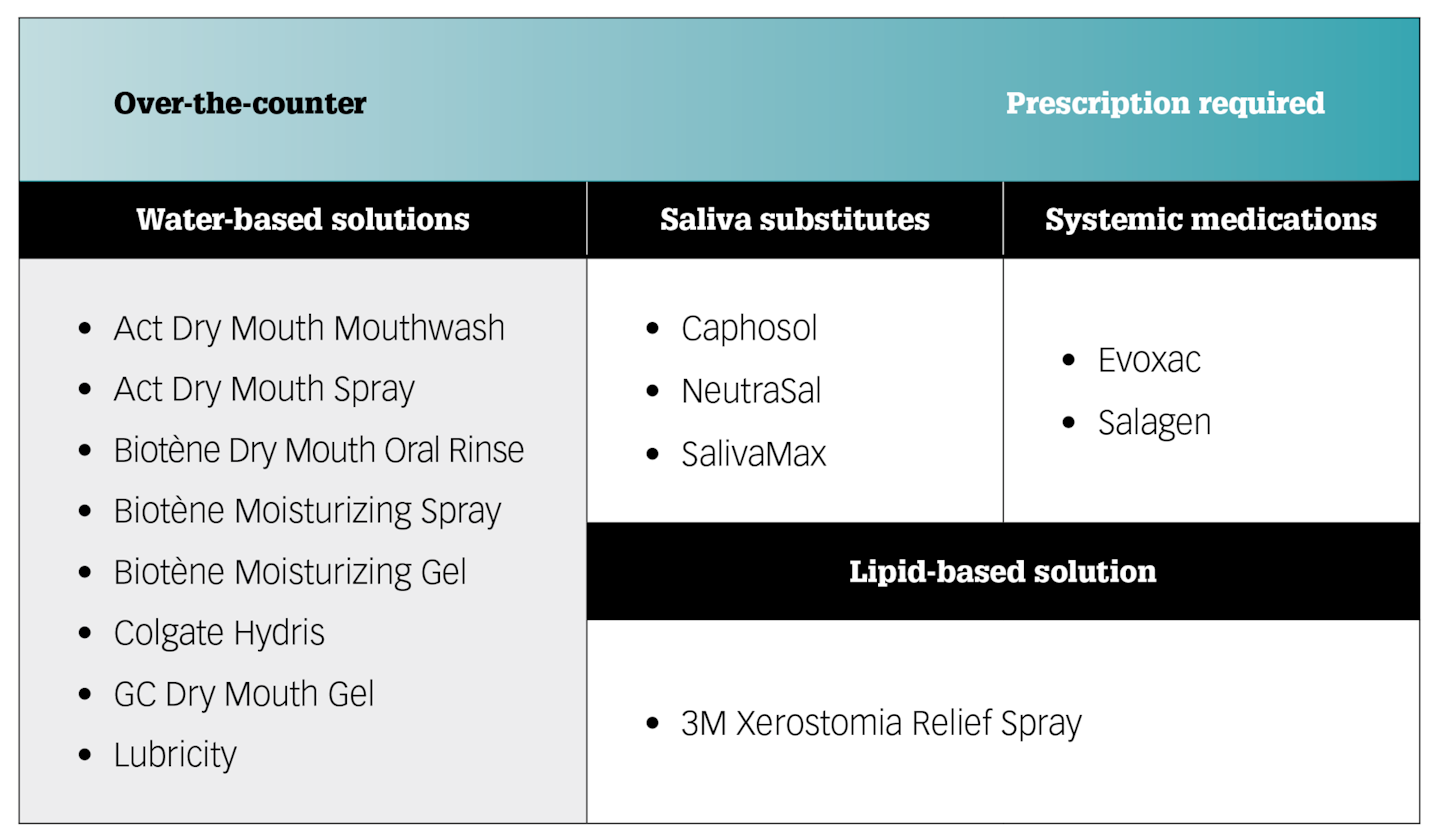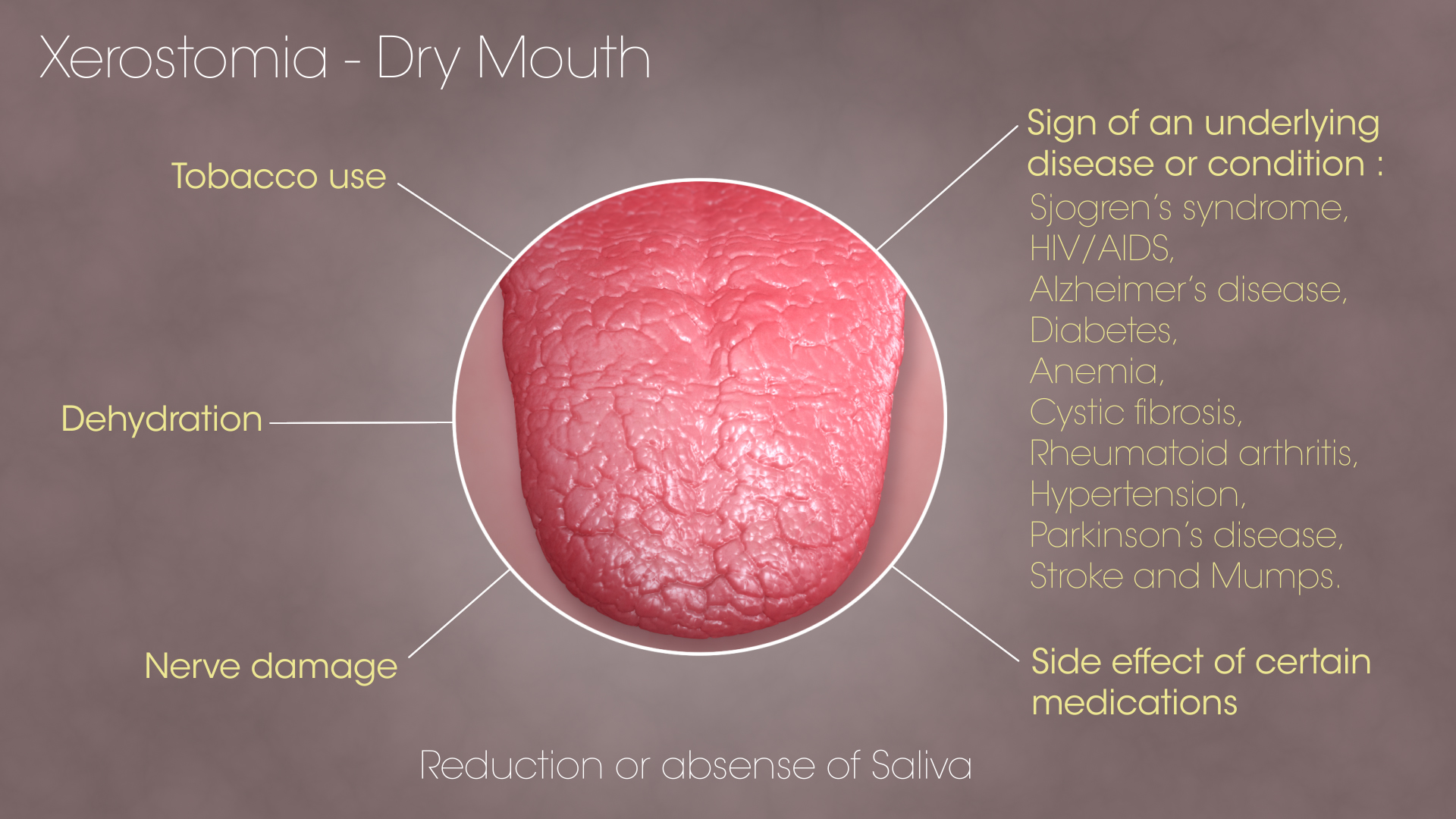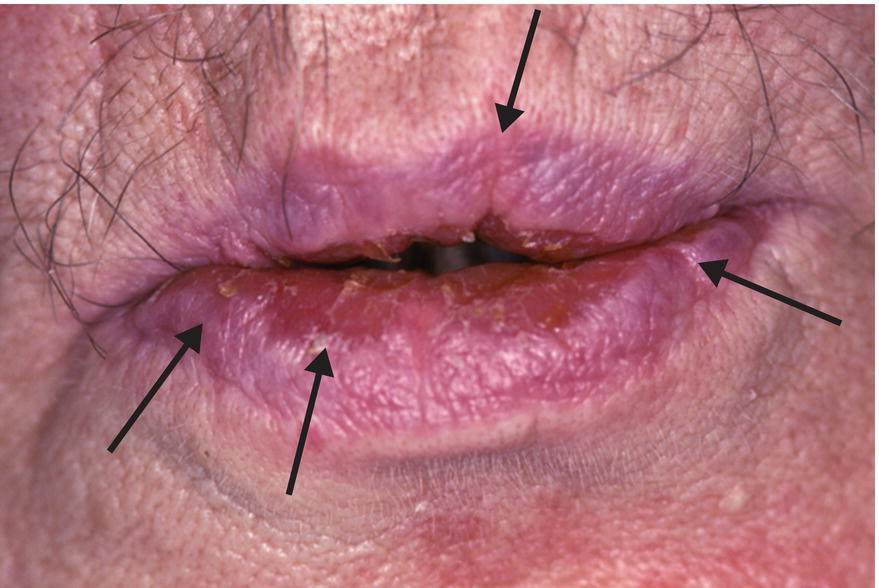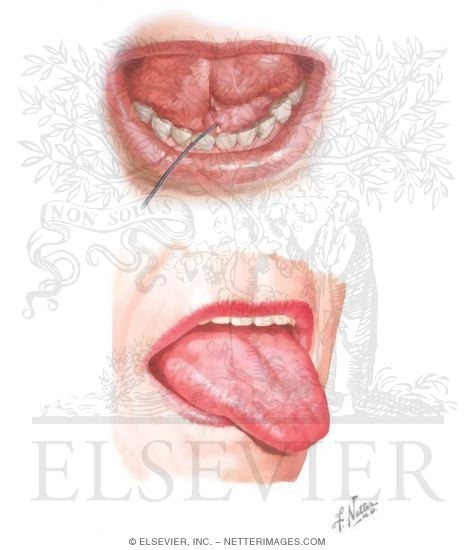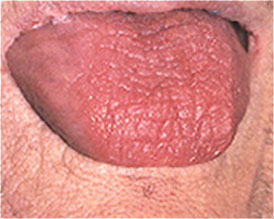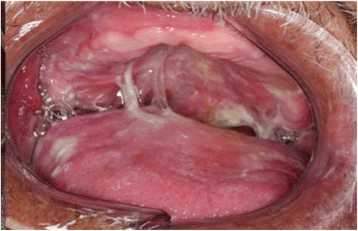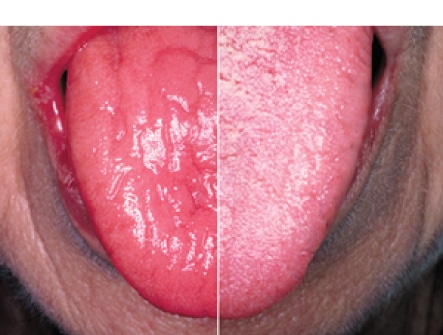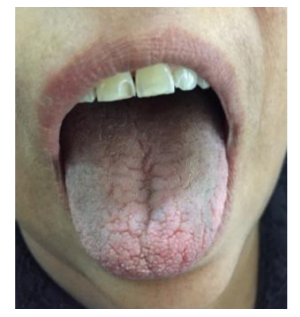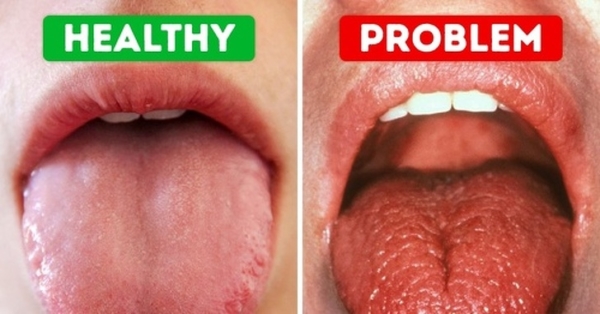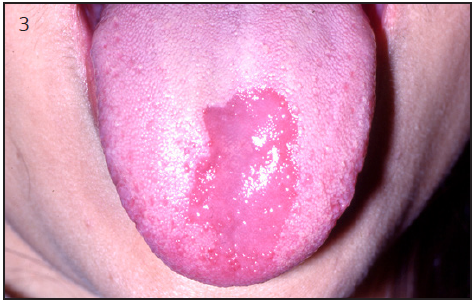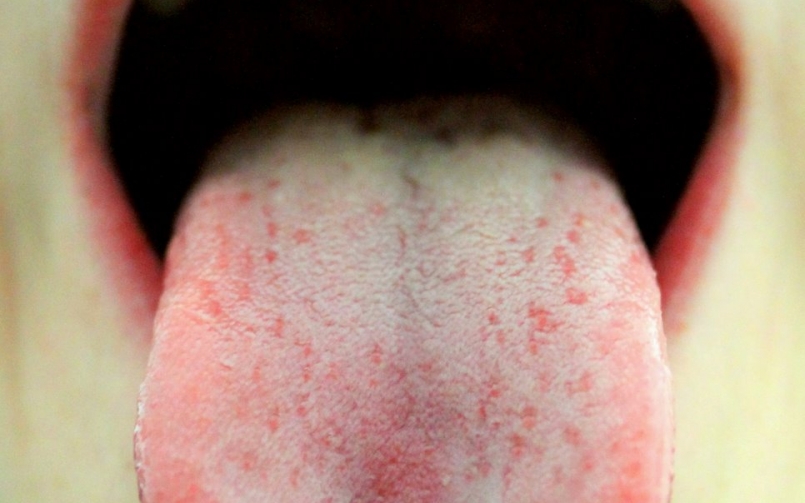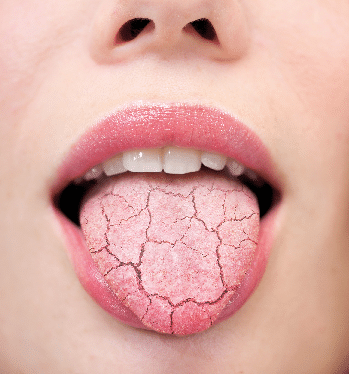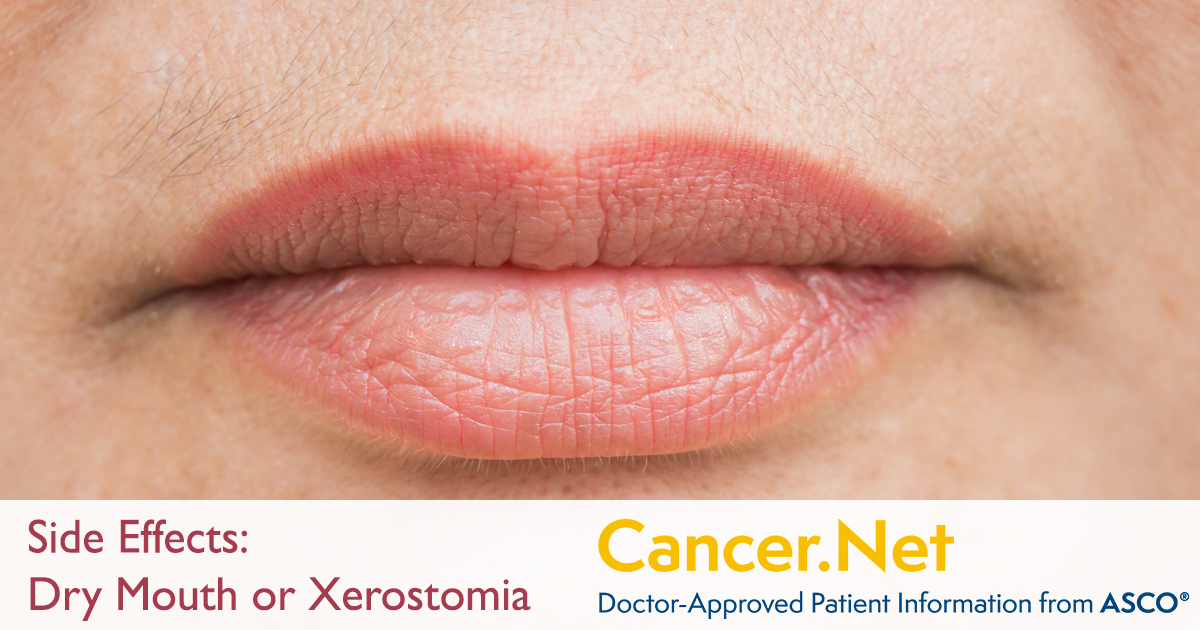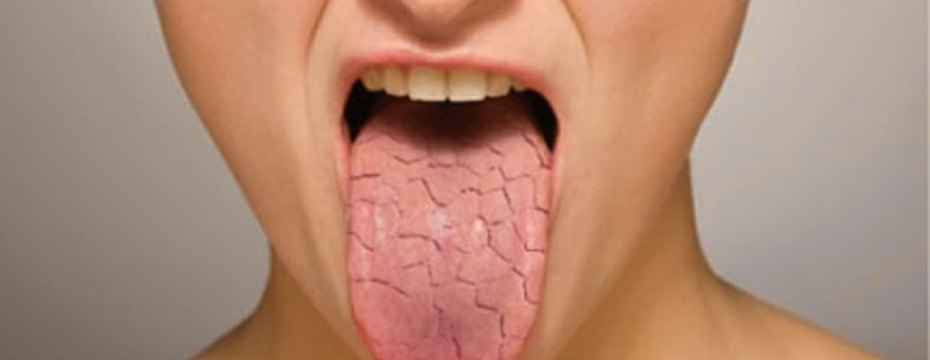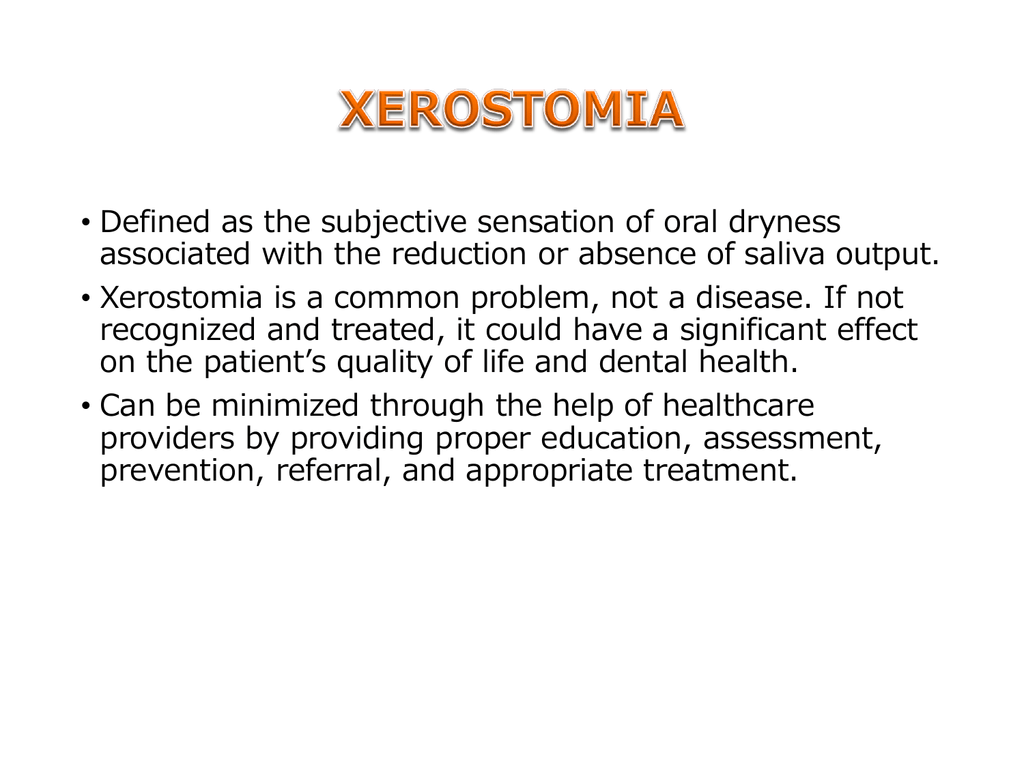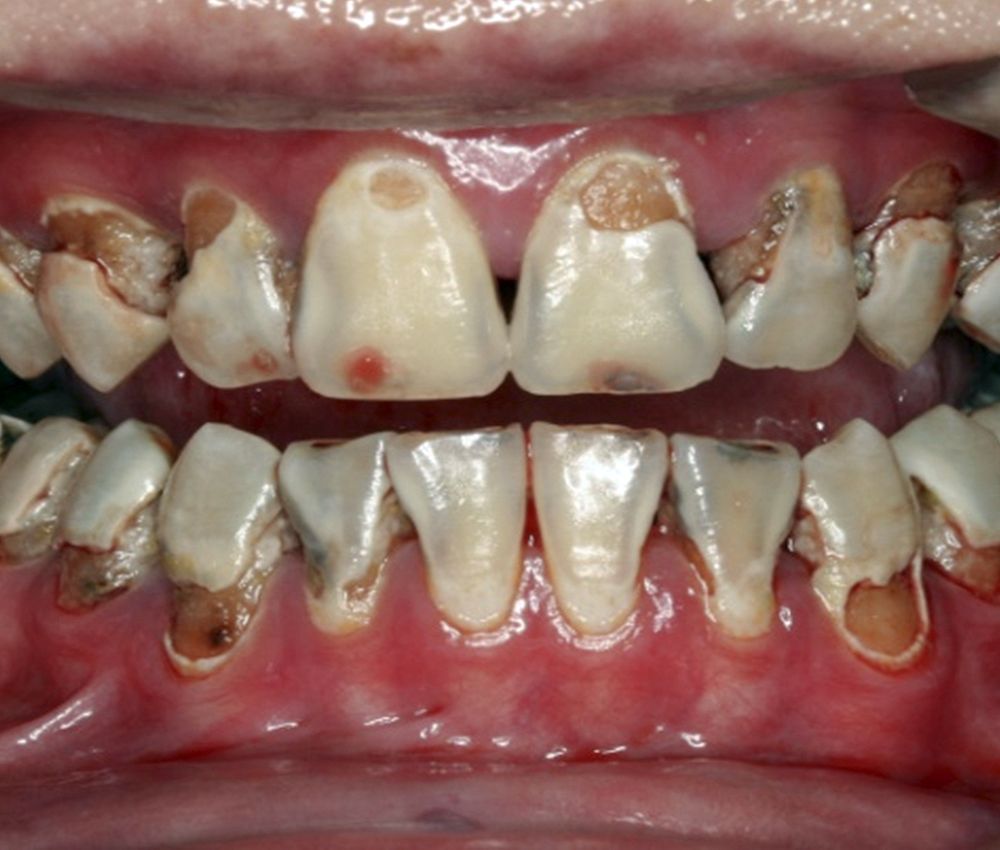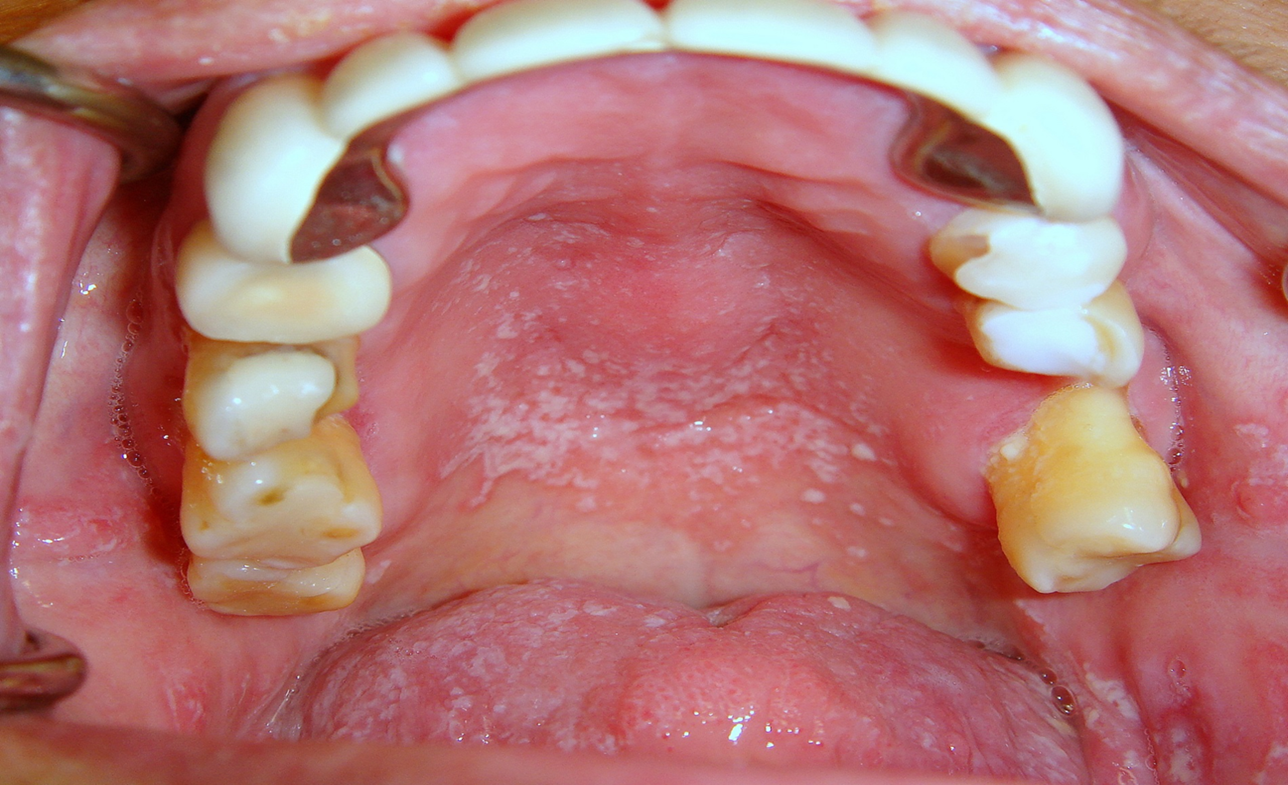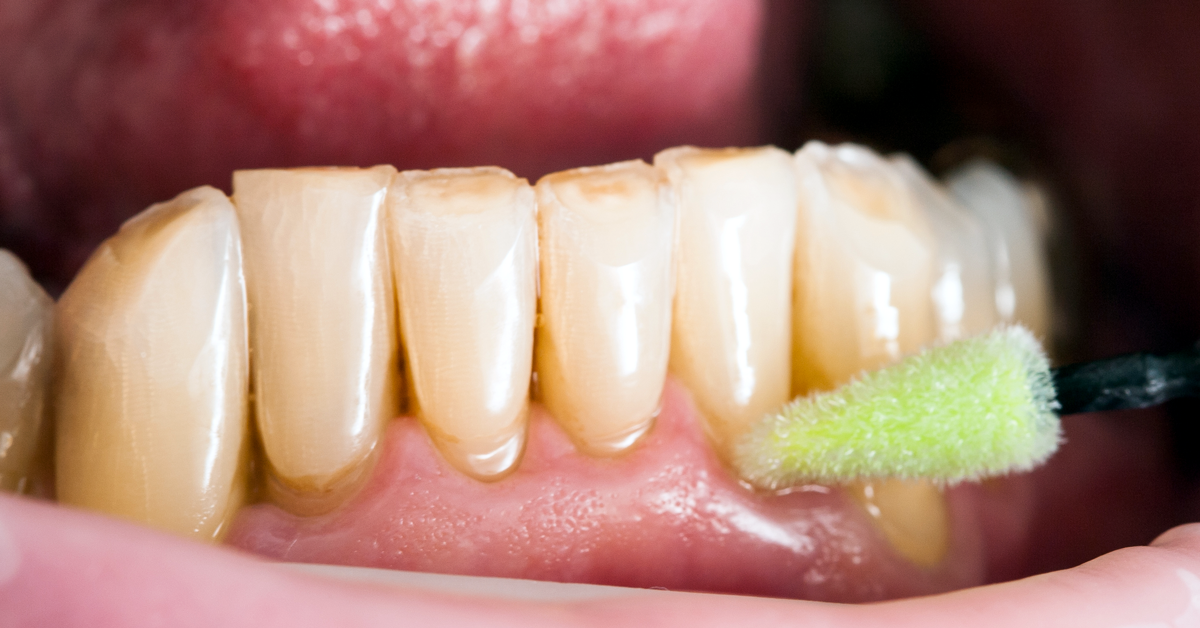Xerostomia
Review the latest covid 19 resources and research advancements.
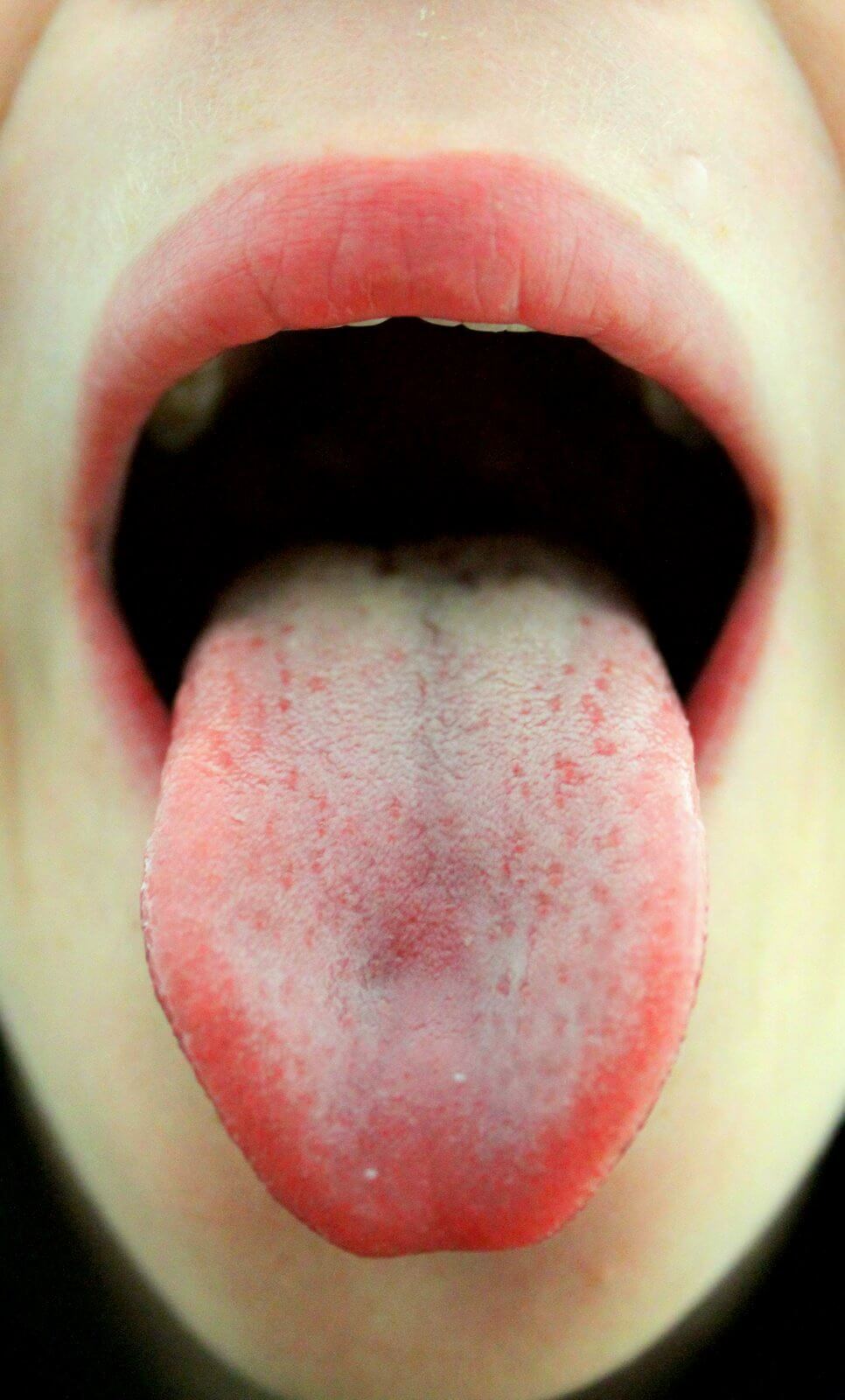
Xerostomia. Dry mouth can be a symptom or side effect of other conditions and. Xerostomia is defined as dry mouth resulting from reduced or absent saliva flow. The term is derived from the greek words xhros xeros meaning dry and stoma stoma meaning moutha drug or substance that increases the rate of salivary flow is termed a sialogogue. Xerostomia is not a disease but it may be a symptom of various medical conditions a side effect of a radiation to the head and neck or a side effect of a wide variety of medications.
We all get a dry mouth sometimes when we are. It may or may not be associated with decreased salivary gland function. Xerostomia is the subjective sensation of dry mouth which is often but not always associated with hypofunction of the salivary glands. Dry mouth is also called xerostomia.
Dry mouth also known as xerostomia occurs when salivary glands dont make sufficient saliva to prevent the drying of the mouth. This condition causes a parched or dry feeling in your mouth. Extreme dry mouth and salivary gland dysfunction can produce significant anxiety permanent mouth and throat disorders and can impair a persons quality of life. It occurs when salivary glands in your mouth dont produce enough saliva.
It can also cause. See how were providing safe in person care and virtual visits. How common is dry mouth. Dry mouth is also known as xerostomia.
It is a frequent side effect of medication which may improve with a new prescription or an adjustment of dosage. Dry mouth or xerostomia zeer o stoe me uh refers to a condition in which the salivary glands in your mouth dont make enough saliva to keep your mouth wet. Xerostomia is a common problem. Diagnosis of xerostomia and salivary gland hypofunction is dependent upon a careful and detailed history and thorough oral examination.
Xerostomia can make it difficult to speak eat and digest food and can lead to malnutrition.


